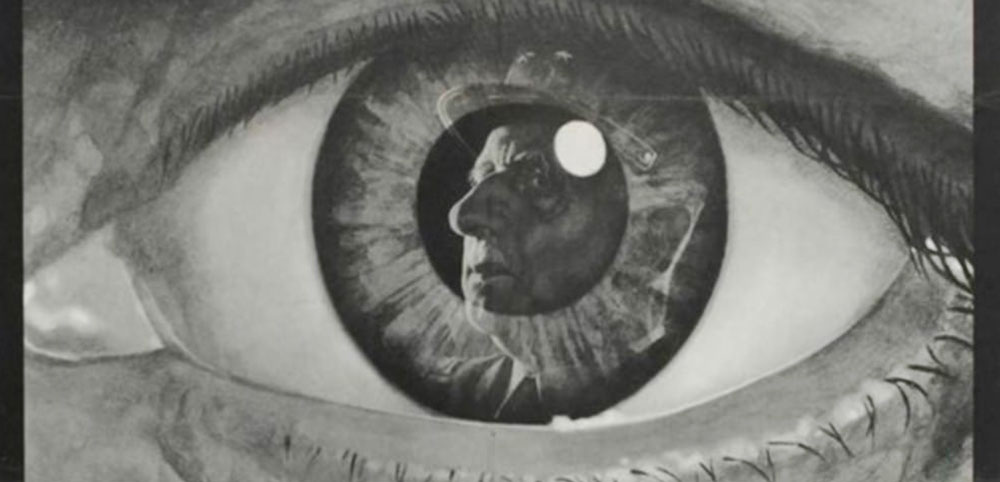Chacal
Timeless thriller of the 70’s
Cult. A contract killer in charge of the murder of the general De Gaulle, a gripping suspense made by Fred Zinnemann (The Ballad of High Noon), a 70’s gem to rediscover quickly!
By Philippe Guedj

This thriller has been a little forgotten, and it’s a shame. Adapted from Frédéric Forsyth’s best-seller published in 1971, Chacal didn’t lost its precise efficiency, as recalls its new republication in restored version. Whereas the bland 1997 remake, with Bruce Willis and Richard Gere, would only deserve tar and feathers, but it’s another subject.
”A dull film of 2h20 with diegetic music which is almost a documentary
Let’s come back to the original: released in 1973, Chacal follows French police’s race against time to apprehend a British contract killer (Edward Fox) hired by the OAS (Organisation Armée Secrète) to murder general De Gaulle because it blames him to Algerian independence. Starting from the real assassination attempt in Le Petit-Clamart in 1962 (The General was saved thanks to his DS’ road handling, watch our video), the film then turns into a “what if…” situation. What if the OAS had decided to do it again and put the job in a lone wolf’s hands? A weapons’ and undercover techniques’ expert, a gentleman able to erase suspicion and seduce single aristocrats. In short, an evil James Bond very well played by Ed Fox, who’s almost unknown. He was preferred to Charlton Heston, Michael Caine and Roger Moore, who comforted himself with his new 007 role in Leave and Let Die (1973).
What’s priceless, still today, about Chacal is the extraordinary precision of its treatment. A dull film of 2h20 with diegetic music which is almost a documentary. Zinnemann and its scriptwriter Kenneth Ross get rid of every fictional element to stick to reality. Secret OAS’ meetings, super cops’ conciliabules, the technical Chacal’s preparations to get false documents and an undetectable rifle that can be dismantled… In a cold and abrupt atmosphere, light years away from High Noon and From Here to Eternity, Zinnemann reinvents himself at 65 years old. For the frantic finale where police chief Lebel (Michael Lonsdale) tracks down the killer hidden in a building, the director immersed his cameras into Parisian crowd. Taking advantage of 14th July parade while frightening a few passers-by who thought it was a real attack.
France at point blank range
This desire for realism was made much more easier by the extreme precision of Forsyth’s first novel. Former BBC reporter in Paris, familiar with spooks’ and hit men’s universe, former MI6 agent (British secret services), he was directly asked by Fred Zinnemann to choose the actor. In his memoirs (The outsider), he tells us that he organized a meeting in a bar with a contract killer he knew in order to train his actor for the part. Equivalent of the Chacal but in the good side, police chief Lebel is played by Michael Lonsdale who perfectly fits with his character of qualified and meticulous civil servant. And who also turns out to be credible with weapons. This role impressed Spielberg who, thirty years later, hires him to play the mysterious master spy in Munich. We might also quote the actor Adrien Cayla-Legrand playing De Gaulle. Usual silent General’s understudy we saw in Army of shadows and La Carapate.
Chacal‘s rare concession to artistic license but unavoidable artefact: the use of English for the conversation between French characters. Another problem for meticulous people: whereas the action is supposed to happen between 1962 and 1963, France as Zinnemann describes it looks more like the seventies. The director didn’t try to use appropriate car models for example. But the film cannot be blamed for France’s stereotyped vision with béret/baguette of so many Anglo-Saxon productions. Shot in Paris’ streets, in Tulles’ station and in natural sets, Chacal is a substantial and serious thriller. The perfect match between American efficiency and European realism.
Chacal (The Day of the Jackal), by Fred Zinnemann (Elephant Films)


